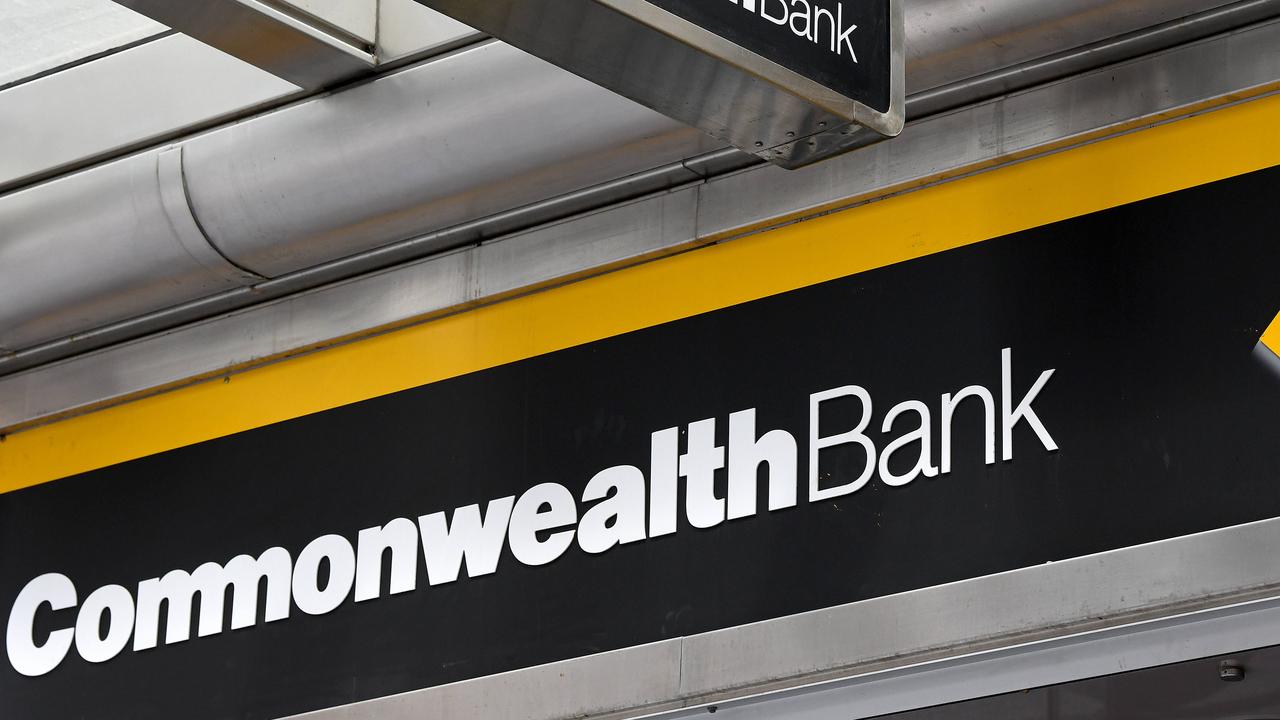‘In real trouble’: Massive problems facing buy now, pay later sector
Experts have warned that the buy now, pay later sector is “in real trouble” as it faces an uncertain future with spiralling debts and falling share prices.

Experts have predicted potential “carnage” for the buy now, pay later sector as providers burn through cash, bad debts balloon and customers retreat from using the service – a model which they say isn’t sustainable.
The buy now, pay later (BNPL) sector is valued at more than $30 billion collectively, but currently the Australian market is saturated.
There are 12 BNPL providers listed on the Australian Stock Exchange – the most anywhere in the world – and the overcrowded market is forecast to undergo a major shake-up this year.
Payments expert Brad Kelly, managing director of Payment Services, said the sector is in for a tough time, despite providers pointing to turbocharged growth and numbers.
“They are very good at marketing spin and PR, good at using the services of highly paid consultants to get around the Consumer Credit Act and are able to offer credit without it appearing as credit,” he told news.com.au.
“The reality is the BNPL provider’s bad debts are astronomical, none of them have made a profit, none of them have paid a divided and share prices are down 70 to 80 to even 90 per cent in some cases.”
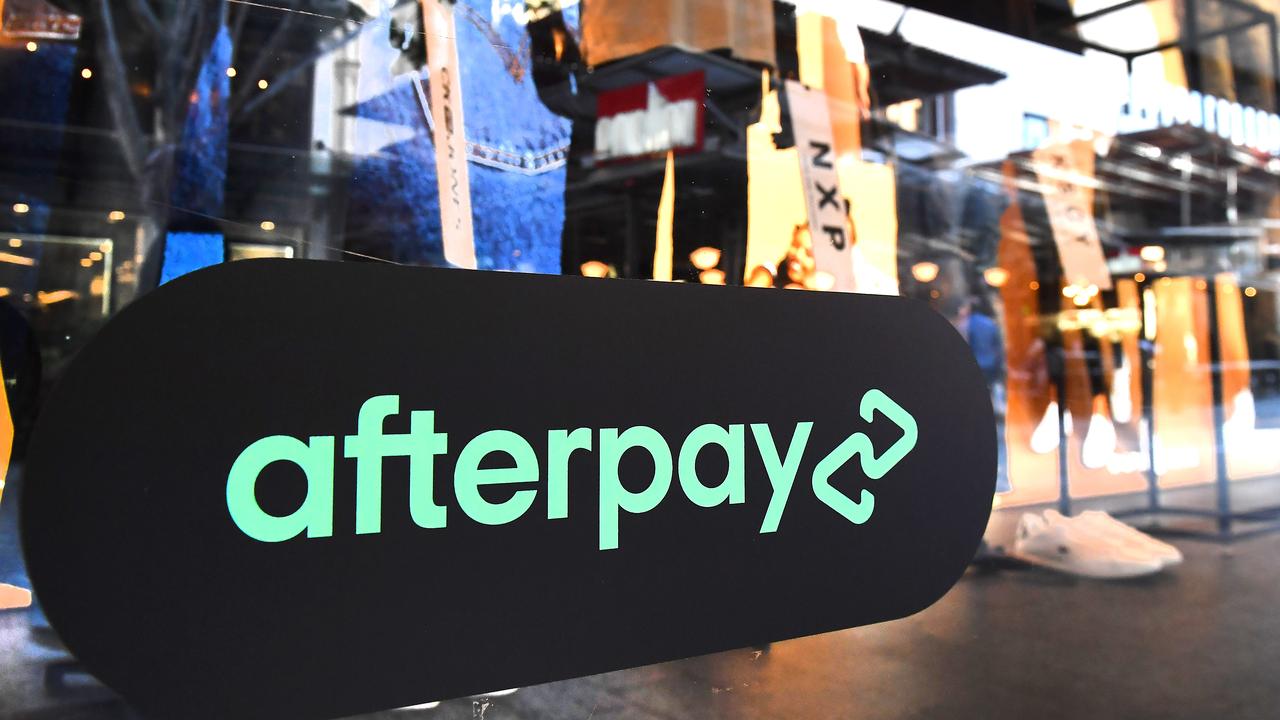
Want to shop without paying upfront? Read our buy now, pay later guide at Compare Money >
Afterpay reported a $156.3 million loss for the last financial year, which was up by almost 700 per cent compared to the previous year’s loss.
Rival BNPL service Zip also reported a $652 million loss, a whopping 3000 per cent increase on last year, where it had announced a $20 million deficit.
Overall, the sector lost a whopping $1.05 billion in 2021, which has left investors concerned and has seen share prices dive.
Grant Halverson, the founder and chief executive of payments consultancy McLean Roche, has also raised concerns around the sector’s bad debts, warning companies could land themselves with a “junk” rating.
He said while Amex and Diners Club dealt with $15.4 million of bad debts on $56.8 billion of sales over the past 12 months, in comparison BNPL had incurred a whopping $220 million of bad debts on $11.4 billion of sales.
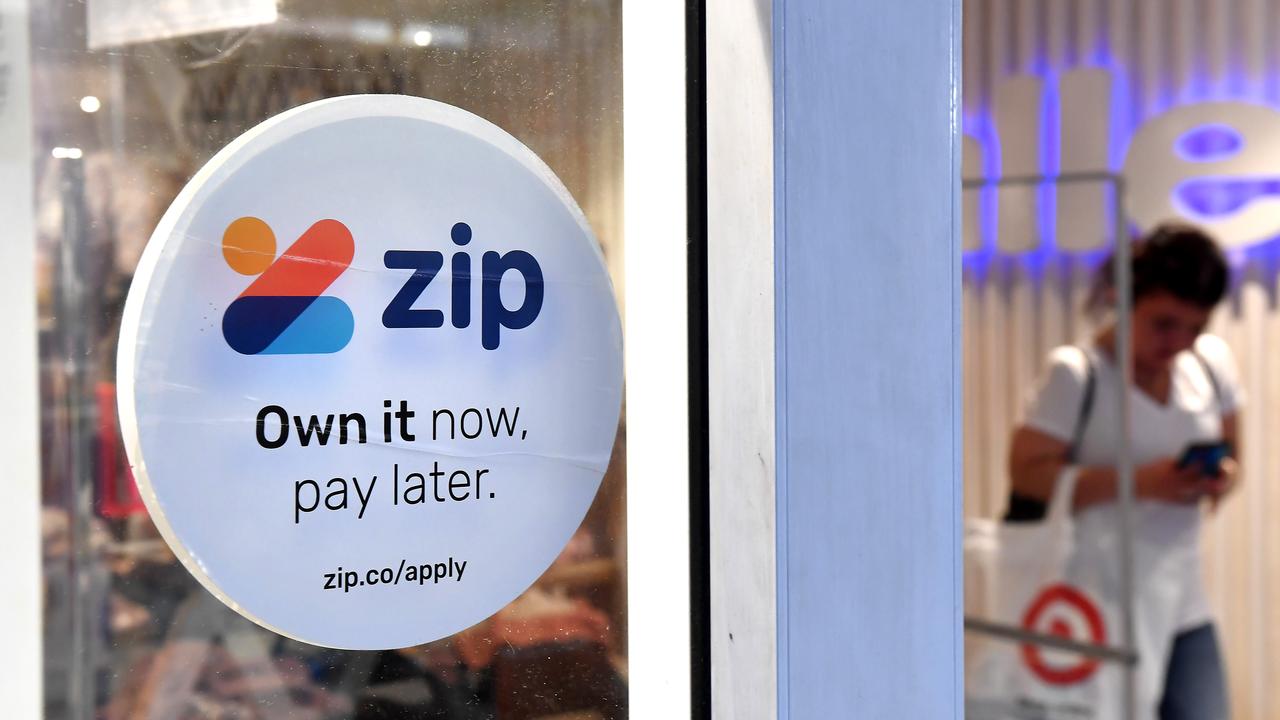
Burning through millions
Rate rises are also expected to drain providers of much-needed cash at a quicker rate as many are propped up with lines of credit.
In its last full year as a stand-alone company, Afterpay burnt $571 million worth of cash from its core operations and in the past three years nearly $1 billion went out the door, reported The Australian.
It made up the difference through borrowings and raising cash by issuing more shares while prices were surging, the newspaper noted.
Meanwhile Zip, had more than $431 million in available credit to back transactions and expects another $200 million facility to become available by the end of September.
But disturbingly, many of the smaller players had just eight to 10 months worth of funding before they would run out of cash.
Mr Halverson previously warned that this year could bring more poor performance in the BNPL sector as balance sheets and cash flows weaken.
“They’re going to have to try to raise a lot of money,” he told the Australian Financial Review.
“It partly depends on how quickly interest rates go up, because if they go up quickly there could be carnage. If there’s a slower uptick then obviously the carnage will be slower in my view.”
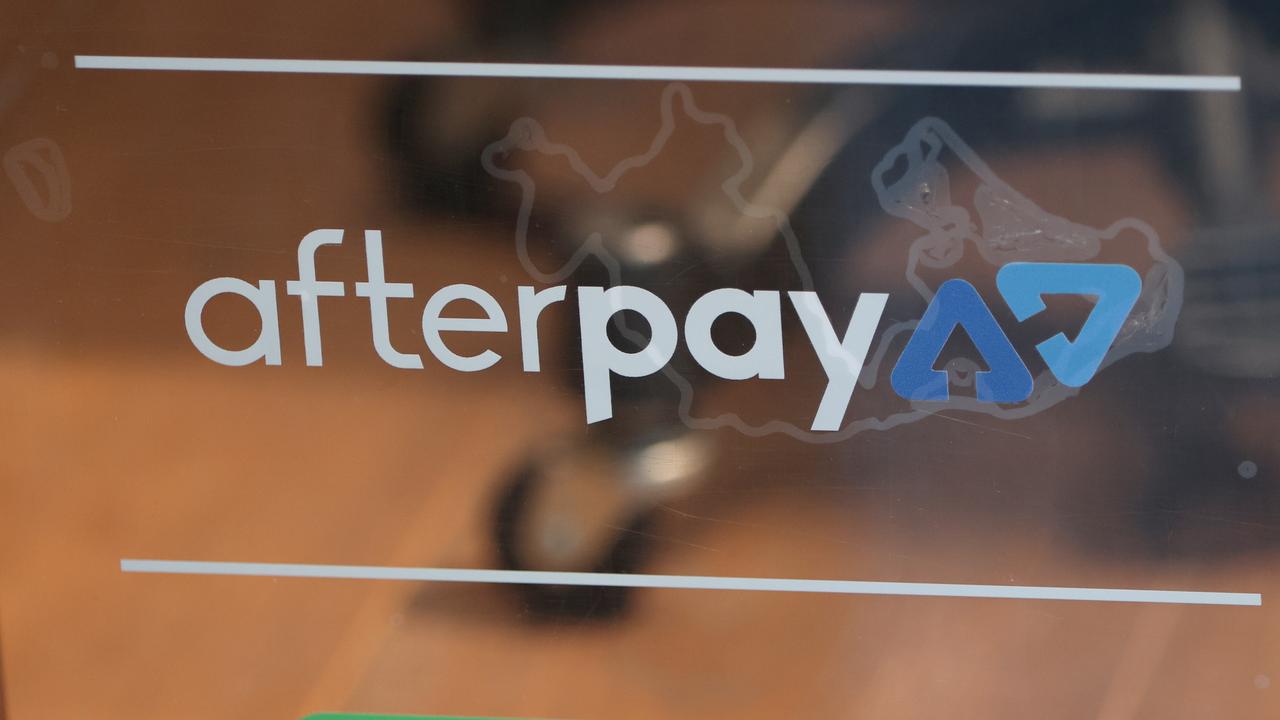
Players could disappear
Two major BNPL players, Zip and American-based Sezzle, have already confirmed merger talks.
Mr Kelly said the dramatic drop in Zip’s share price is a “bad sign”.
“The Zip share price dropped by 80 per cent; it was over $14 and went down to $2.90 a couple of days ago. They are desperate,” Mr Kelly said.
“Their revenue per customer per month is $4.58, so that’s how little money Zip makes and they are going to try and merge with Sizzle and their revenue is $2.33 per month per customer.
“I think Zip are in real trouble, so they are going to have funding issues. They are struggling to get that share price above $3 after a high of $14 and that’s a bad sign.
“I think they have competition too from banks that are already in the market with products like Commonwealth’s Step Pay, Suncorp have a card-based buy now pay later, and Citibank have a product.”

But Peter Gray, Zip co-founder and global chief operating officer, said the business continues to deliver “exceptional” growth rates in all their global markets, citing record quarterly growth with revenue of $167.4 million, transaction volumes of $2.6 billion and transaction numbers of 22.4 million globally.
He added customers numbers had also grown to 9.9 million.
Another player on the scene, Latitude, has also put forward an offer to acquire the BNPL business of Humm.
Looking at 2022, the inevitable is going to happen in the BNPL space, according to Mr Kelly.
“The market has been so unsustainable, with no profit, no road to profitability and increasing pressure from regulatory bodies and it means the inevitable consolidation of the industry,” he said.

No loyalty
One of the reasons providers are burning through cash is the cost of acquiring new customers comes at a far higher price than servicing existing customers, according to Mr Halverson.
But there is another major problem as Macquarie Bank research showed there is no customer loyalty to providers, according to Mr Kelly.
There has also been a reported dive in consumer interest in the BNPL product, with little ongoing functionality to keep them on.
Mr Kelly claimed his own research showed existing customers also weren’t increasing sales or their basket sizes when purchasing from a retailer.
“You can see the writing on the wall. There are no more customers left, they use it once or twice and that’s it, and on top of that there is talk of regulation and interest rates rising and all that costs,” he said.

‘Slick marketing’
Mr Kelly is also critical of the sector’s “slick marketing” and is uncomfortable with the demographic that he says BNPL providers target, a concern also shared by consumer campaign groups.
Major players like Afterpay, which was sold to Twitter founder Jack Dorsey’s Square for $39 billion, have teamed up with banks like Westpac.
Last year it launched Money by Afterpay, a money management platform that allows customers to view their spending, savings and BNPL in one place.
Mr Kelly believes the BNPL sector targets young people who don’t have credit cards.
“What’s happened is buy now, pay later try and give debit card holders credit and the research shows the profile of most customers is a woman under 30 that earns under $40,000 a year,” he said.
“The female marketing thing is very obvious. If you look at Afterpay’s banking product that they launched with Westpac, it’s aimed specifically at women. Buy now pay later plays primarily in the space of women’s beauty, cosmetics and fashion.”

An Afterpay spokesperson said young females are a part of the audience the company are seeking to connect with on Money by Afterpay.
“In our 2000-plus hours of research with customers to design and create Money, we heard that this audience didn’t feel like they were well represented in the financial space,” they said.
Katherine Temple, the director of policy and campaigns at the Consumer Action Law Centre, previously told news.com.au that often buy now pay later is part of a larger debt problem, so people are also struggling with existing credit card debts, personal loans or utility loans.
“Buy now, pay later is everywhere now and is normalising debt particularly for younger people,” she said.
“I worry about the financial implications particularly for young people … The use of what is essentially credit on everyday expenses can lead to debt spiral and that’s a real worry.”
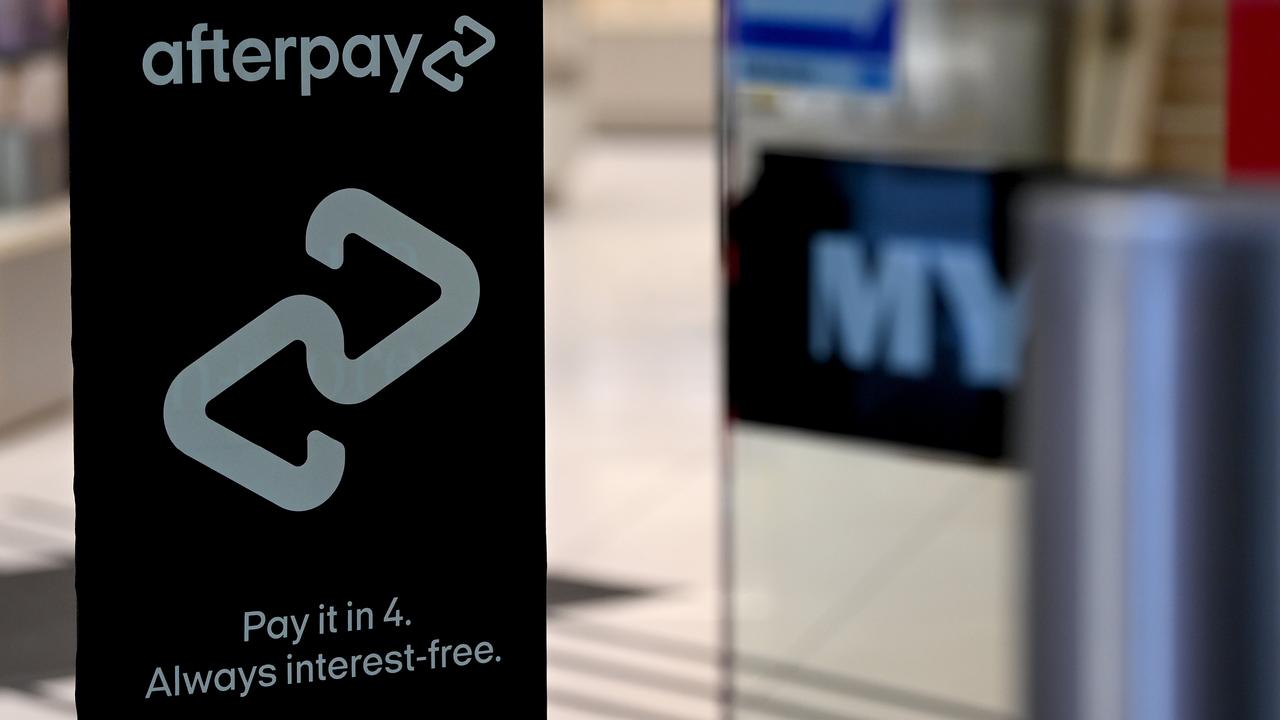
Safeguard concerns
Consumer groups have raised red flags about a lack of BNPL regulation meaning there aren’t enough safeguards in place to ensure people can afford to make repayments, exacerbating financial hardship and money problems.
Mr Kelly echoed that point, adding it’s “sad” young people were getting in trouble due to a lack of “guard rails”.
He added the BNPL code of conduct doesn’t even mandate credit checks for purchases under $2000.
“The BNPL sector wrote this thing called a code of conduct and it’s not worth the paper it’s written on,” he claimed.
“It’s voluntary and only kicks in for debts of over $2000 and Afterpay doesn’t have debts over $2000, so they have signed up to something they are excluded from so what’s the point?”
An Afterpay spokesperson said the company always protected consumers by preventing them from spending as soon as they miss a repayment and the average order value is $150.
“The BNPL Code sets high standards for the Australian BNPL industry and provides our customers with protections that go beyond what the law requires us to do,” they said.
Federal Treasurer Josh Frydenberg has flagged the potential for new regulation of the sector to bring it in line with traditional credit providers.
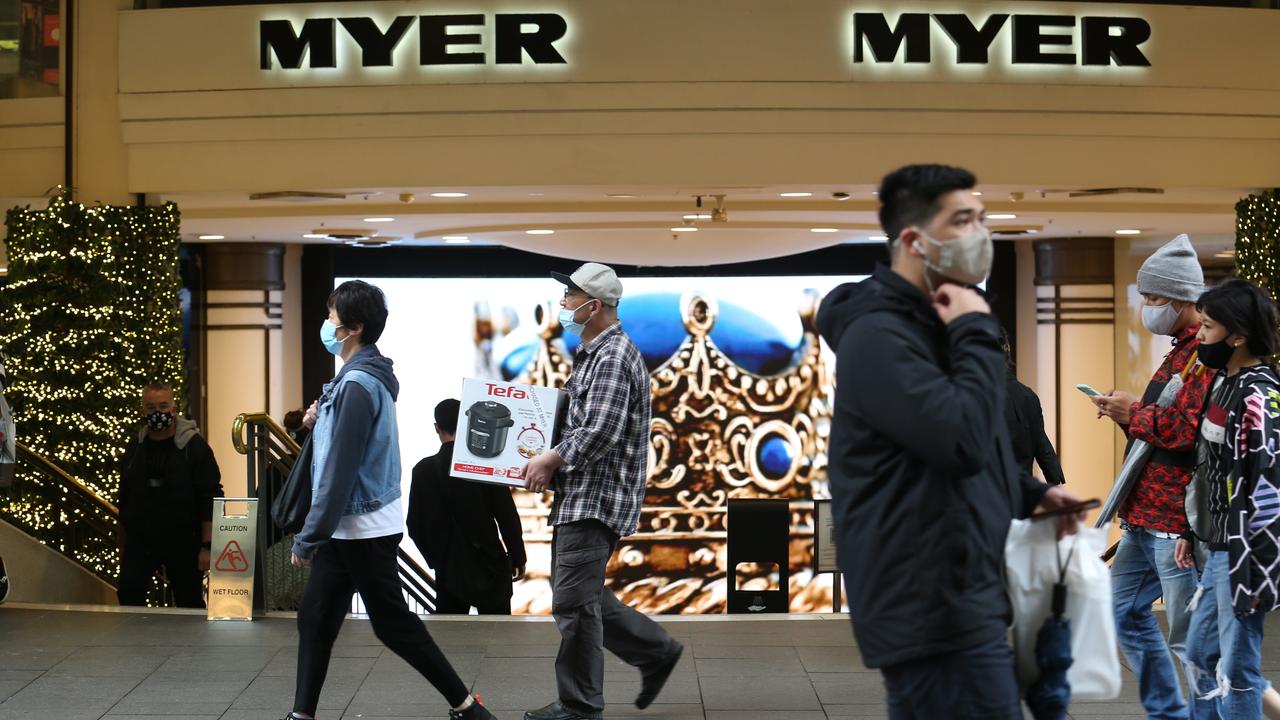
Mr Gray added that Zip takes its obligations very seriously and is a responsible lender.
“We have conducted credit checks on every single customer since inception. Our performance is better than other financial services providers and comparable products such as credit cards,” he said.
“In Australia less than one in 100 customers is late in any given month. Our business model is not based on interest charged to customers or people falling behind to make the economics work.”
He said that the code was a recommendation of the Australian Senate and Zip was a key contributor in its development, adding that the recent royal commission demonstrated that regulation did not deliver better outcomes for Australian consumers.
More Coverage
Mr Halverson, meanwhile, was also critical of the providers’ push to enter the US market.
“Because they’re all frantically going at the US they’re racing to the bottom,” he told the AFR.
“And that means probably more bad debts because they’ve gone after customers who haven’t got credit ratings.”





